Rethinking biodiversity during Covid-19 times
At Sparknews, we believe that they can also be great opportunities to adapt and rethink our relations with the world. As a team who wants to ignite new narratives that can accelerate the ecological and social transition, we can’t avoid asking ourselves what will be the shape of the global collective story emerging from the current worldwide sanitary emergency. In this week #SparkMinute, let’s focus on biodiversity with local examples of solidarity, of businesses rethinking their models, and of articles and opinions that can nourish our imagination.
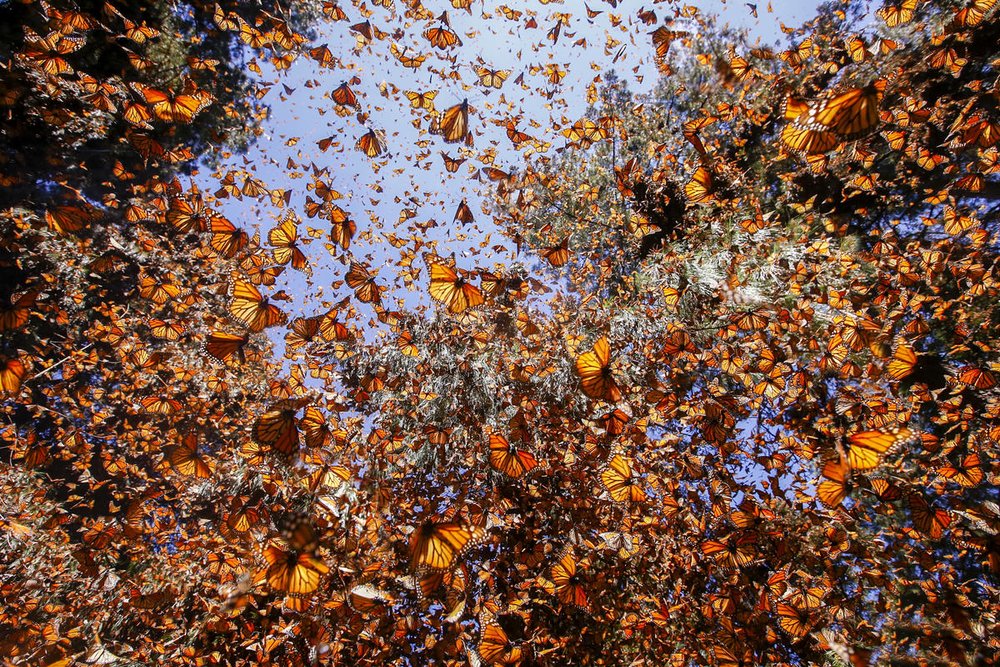
A vaccine might save us from the coronavirus, but it will not save biodiversity
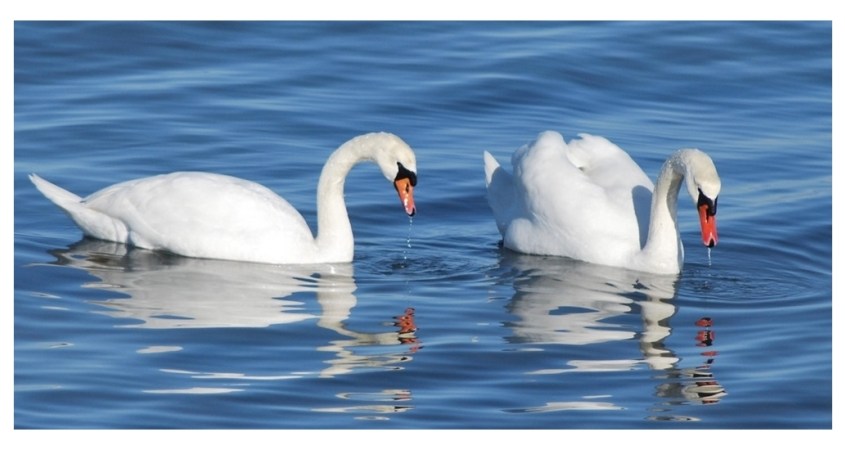
When organizations walk the extra mile
The coronavirus pandemic has had yet another unexpected consequence — oceans are regenerating. With hotels and restaurants closing their doors around the world, fish and seafood demand and prices have plummeted in Asia, home to some of the world’s most prominent markets. According to The Japan Times, this ‘break’ is allowing species to regenerate and repopulate the oceans once exposed to fishing overexploitation.
As awareness of wildlife welfare and conservation grows in China, some zoos are transforming themselves into places devoted to save endangered species and teach the public about animals and conservation. Home to more than 5,000 wild animals and 263 species, the Qingdao Forest Wildlife World zoo announced last week that it had halted animal performances permanently and replaced them with educational programs.
Preserving biodiversity also means being able to continuously learn from other species. In the United Kingdom, six dogs are being trained to sniff out coronavirus by the London School of Hygiene and Tropical Medicine (LSHTM), Durham University, and the Medical Detection Dogs organization. The training involves giving the dogs coronavirus patients’ face masks to sniff, to discover if Covid-19 has a unique odour that could be identified by canine’s enhanced sense of smell.
You can’t protect what you don’t know. NASA is inviting video gamers to embark on virtual ocean research expeditions to help map coral reefs and better understand these threatened ecosystems. NeMO-Net is a video game in which players can identify and classify corals using real NASA 3D images. As they play, gamers help train NASA’s Pleiades supercomputer to recognize corals in any image of the ocean floor based on the coral classifications players make manually.
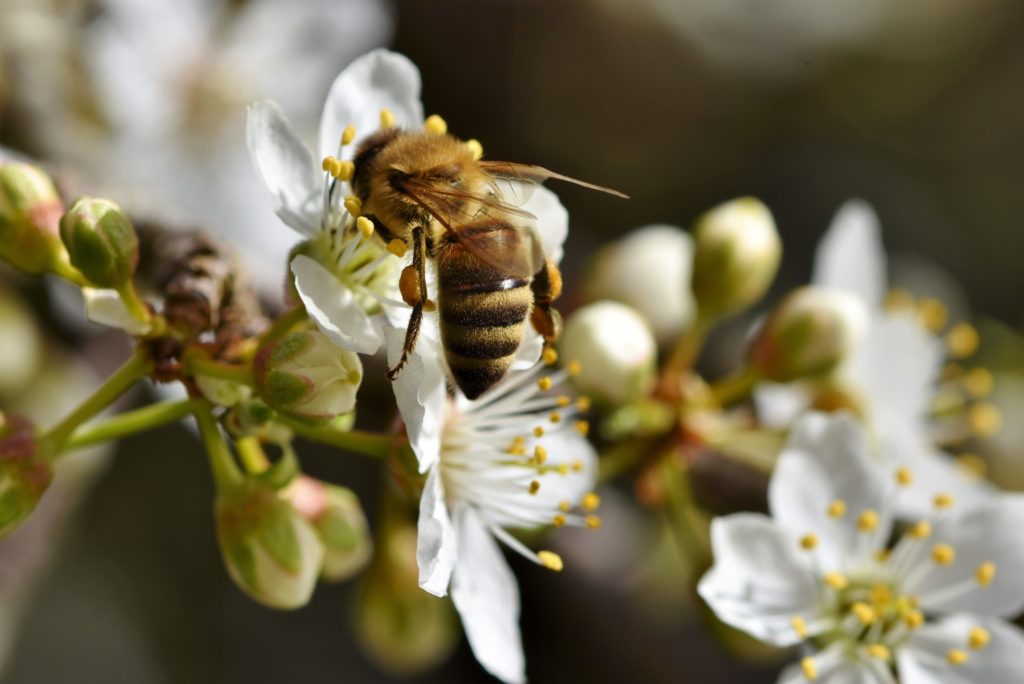
Local initiatives against global disorder
On April 22, people around the world celebrated Earth Day. Perhaps one of the easiest steps we can take to protect our biodiversity is to switch to a plant-based diet. The Earth Day Organization has developed a whole meal plan with delicious recipes. Look out for other great recipes by the American plant-based chef Jason Wrobel. To go further, you can follow the Switch cleanse in 14 days developed by Switch4good, a dairy-free nonprofit organization for and by athletes.
You can also contribute to science to protect biodiversity. Earth Challenge 2020 is a citizen science campaign using mobile technology and open citizen science data. The mobile application helps everyone to document environmental changes in their community by collecting observations of local air quality and plastic pollution. In June, participants will be able to collect more data on insect populations and other critical environmental indicators.
Admiring nature is known to relieve stress and improve mental wellbeing. For Earth Day, WWF launched the Billion Shades Of Green campaign, encouraging people all over the world to share their most colourful pictures of nature — whether taken during past outdoor adventures or from inside the house during lockdown —, to brighten each other’s days with a little bit of cheerfulness and optimism. Discover the winners on WWF’s website.
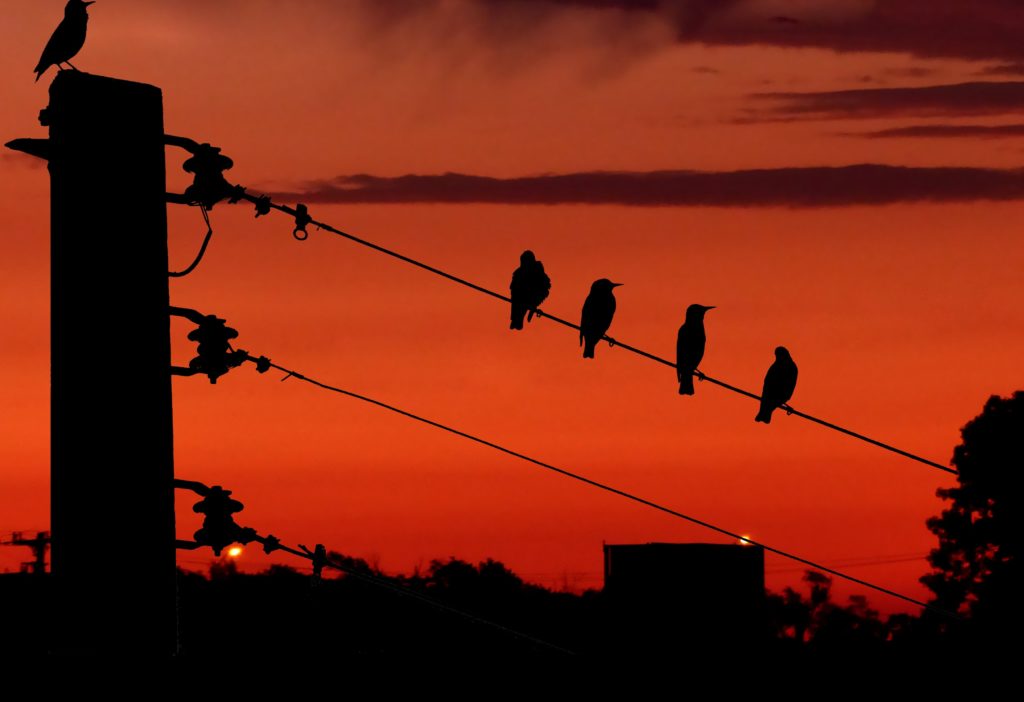
Let’s imagine further
We could learn from places where the human population grew thanks to nature, no at the expense of it. In this 2017 article for The Conversation on Bangalore’s demographic growth, Professor Harini Nagendra presents the ancient landscape of the Indian city through a three-dimensional view. The Solutions Journalism Network gathered similar initiatives in this collection, where we can learn how indigenous communities are on the frontlines of resistance against deforestation, extraction and overexploitation of natural resources, and fighting back against the expansion of unsustainable agricultural practices. Find out more here and here.
What if the over standardization of everything, including our industrial processes, our relationships and our culture, could explain the current biodiversity loss? It is the main argument that runs throughout the book Toutes les couleurs de la Terre written by jurist and legal anthropologist Pierre Spelewoy, and geographer and anthropologist Damien Deville. Shortly before the coronavirus outbreak, the duo signed an op-ed in Commonspolis, alongside journalist Flora Clodic-Tanguy. In it, they claim the overall standardization of Western societies is responsible for the progressive disappearance of both biodiversity and social resilience, and suggest a substantial citizen and political response is needed to replace diversity —whether human or non-human— back at the center of social models. Read more here.
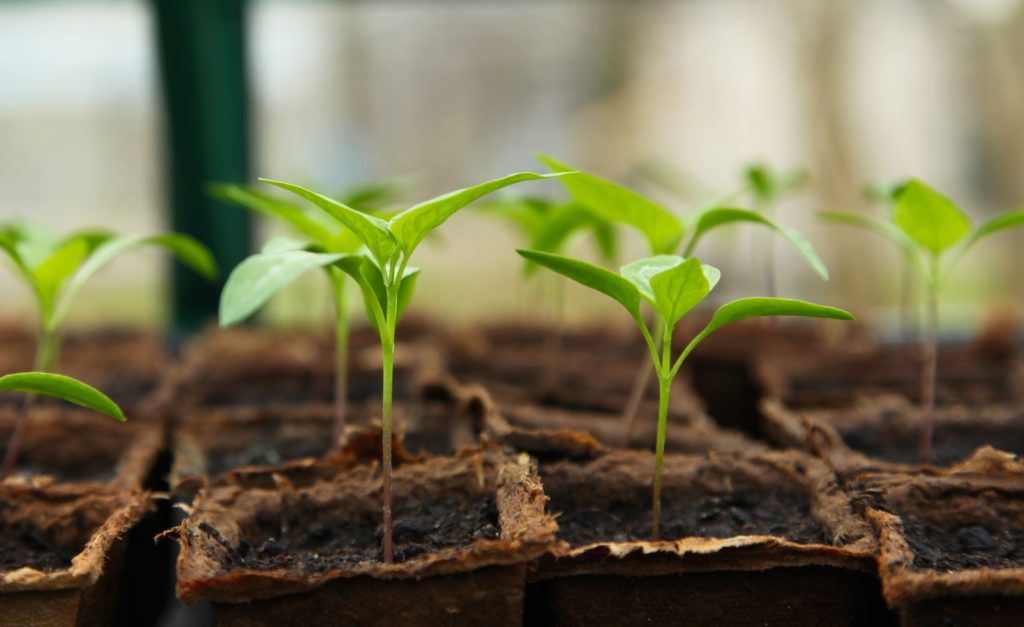
At Sparknews, are convinced that the coronavirus global outbreak will lead us to draw valuable lessons about our globalized economic system. Whether on matters like education, solidarity, biodiversity or our way of work, it will be up to us to return to the status quo once the health crisis is over, or to reshape everything. Discover our #SparkMinute on education, energy, work, and our diet.




